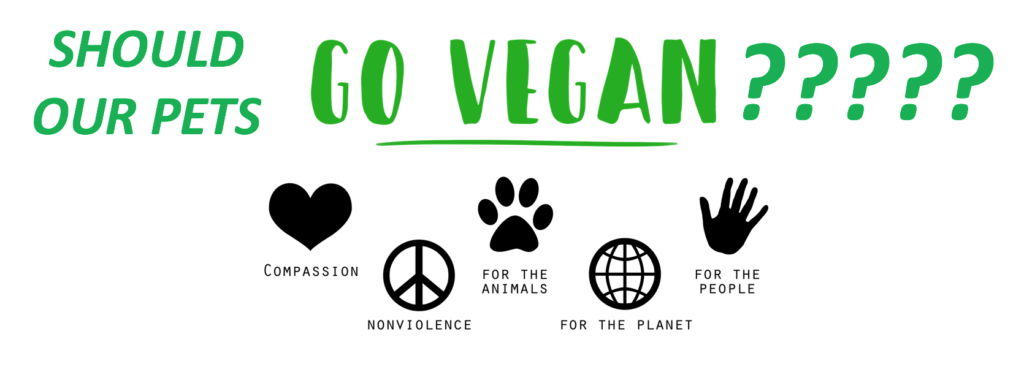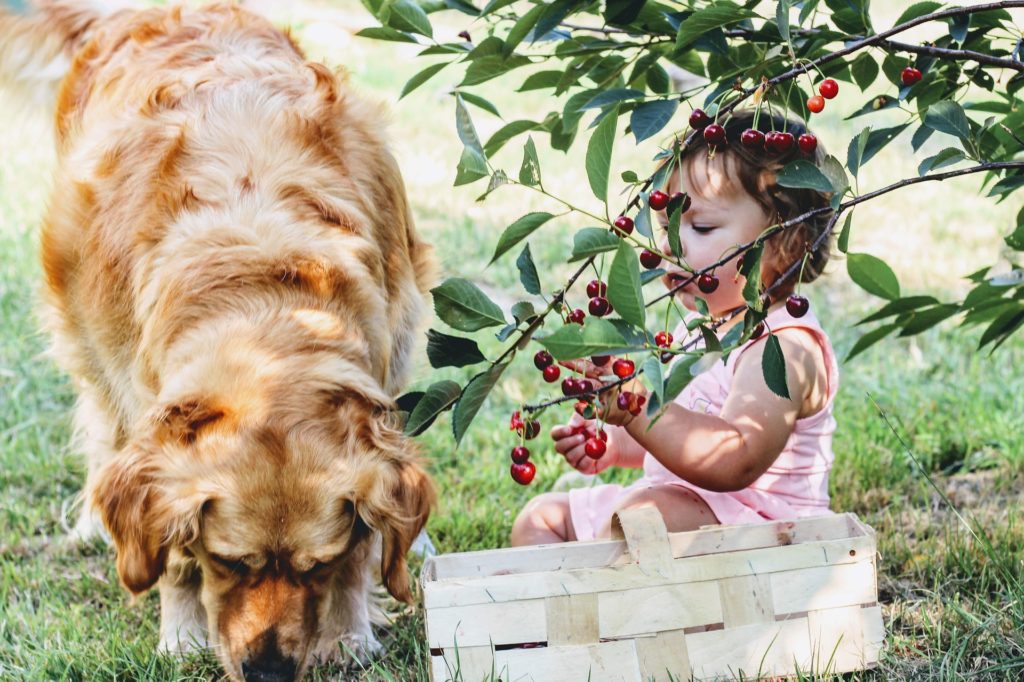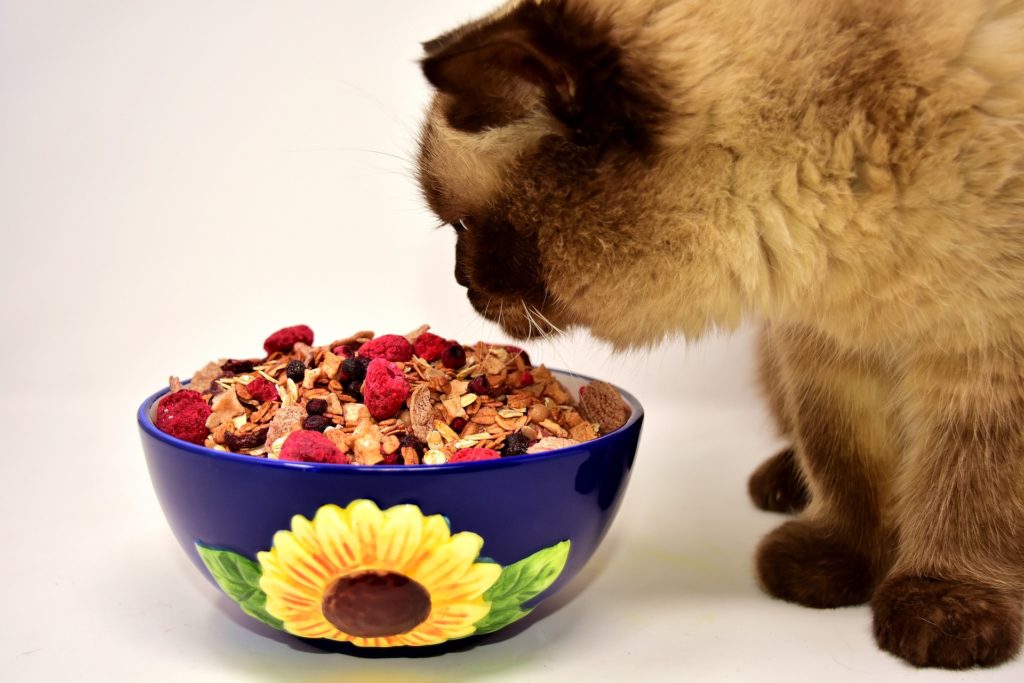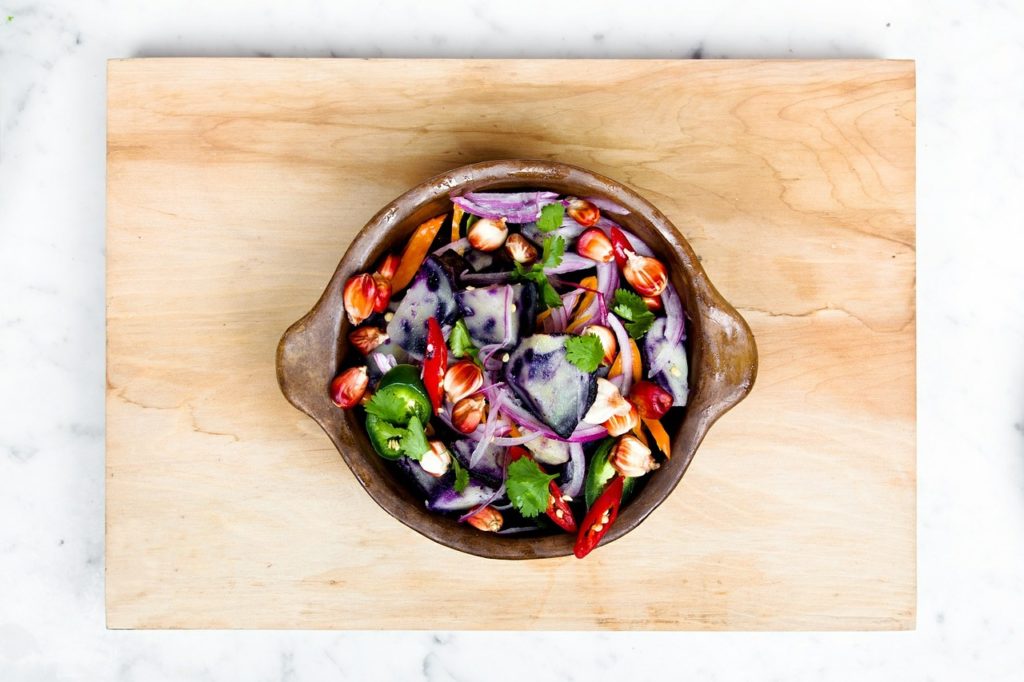
Vegan diets in humans are without a doubt on the increase and for a good number of reasons but it’s very interesting to see how this transpires across into the animal world. What may or may not provide a healthier lifestyle
This is an area where companion pets certainly do differ. It is completely understandable to have made a lifestyle choice for yourself and wish this to be prevalent across your family. So can our pets live a healthy meat-free lifestyle? Even a healthy vegan lifestyle?
Generally, vegetarian and vegan diets are adopted due to one of three categories:
- Personal health; feeling meat can be unhealthy particularly in large volumes
- Environmental; the cultivation being expensive and impacting on the environment
- Animal welfare conditions
The arguments on both sides of the spectrum are quite compelling – there are cases in support, and also frightening stories against. So what does the main evidence show us?

For dogs, the answer is yes………they certainly can live a vegetarian lifestyle and some still thrive.
Dogs are actually omnivores, therefore require both plant and animal-based nutrition. The canine body is built to be able to transform certain amino acids into others, meaning that dogs can get all the amino acids they need while avoiding meat.
Eggs are an excellent source of protein for dogs. However even a vegan diet – therefore not consuming any animal products at all – is possible for dogs, though much more difficult to manage. It is all about ensuring they have the right amount of mixed proteins.
So while a dog can live on a vegan diet, this does not necessarily mean that they should. A lot of care must be taken to ensure the balance is right with their proteins and fat, and there is a lot of room for error.

Our feline companions though have a completely different make-up.
Cats are classed as obligate carnivores – the “obligation” being that they require meat. And why is that? Too many reasons to delve in to in this short blog, but there are many proteins and vitamins that simply can’t be found in plant sources.
Taurine is the most widely known effector. Found only in meat, taurine is essential for vision and a healthy heart. It can have catastrophic (no pun intended!) impacts if missing. And taurine cannot be produced by the cat itself.
Without specific amounts of taurine in a cat’s diet, they can experience heart disease, vision impairment just for a start.
Now taurine can be provided synthetically and is done so not just for pet foods, but also as a huge part of infant formula milk. The issue though is whether the synthesized taurine has an inferior nutritional value to its natural counterpart. Current research shows that it is not quite as physiologically sound but certainly further research is required.
So the science in summary:
- Vitamin A and D cannot be naturally produced by dogs and cats through their skin as it can in humans, therefore this must be provided in their diet, and is essential in looking after their skin, coat, muscles and bone formation.
- Taurine can be naturally produced by dogs providing that they have received the right proteins in other aspects of their diet. Cats, however, cannot – at all – therefore this must be provided to them. And it is essential, not least to sustain their vision, digestion ability, heart muscle function, and to maintain a healthy immune system
As practicing veterinarians our take on this is quite clear; dogs, and cats in particular in our opinion, ideally need meat in their diet, to have a fully balanced diet fit for their needs – this cannot be easily established through a vegan diet.

Our response to anyone who wishes to provide a fully vegan household should be to only consider a vegetarian pet – budgies, rabbits, guinea pigs – these are the best guys to be your friends.
But whatever your choice, show empathy to each side of the debate – we’re all just trying to do what we feel is best and we fully understand and admire the heartfelt passions on both sides of the argument.
